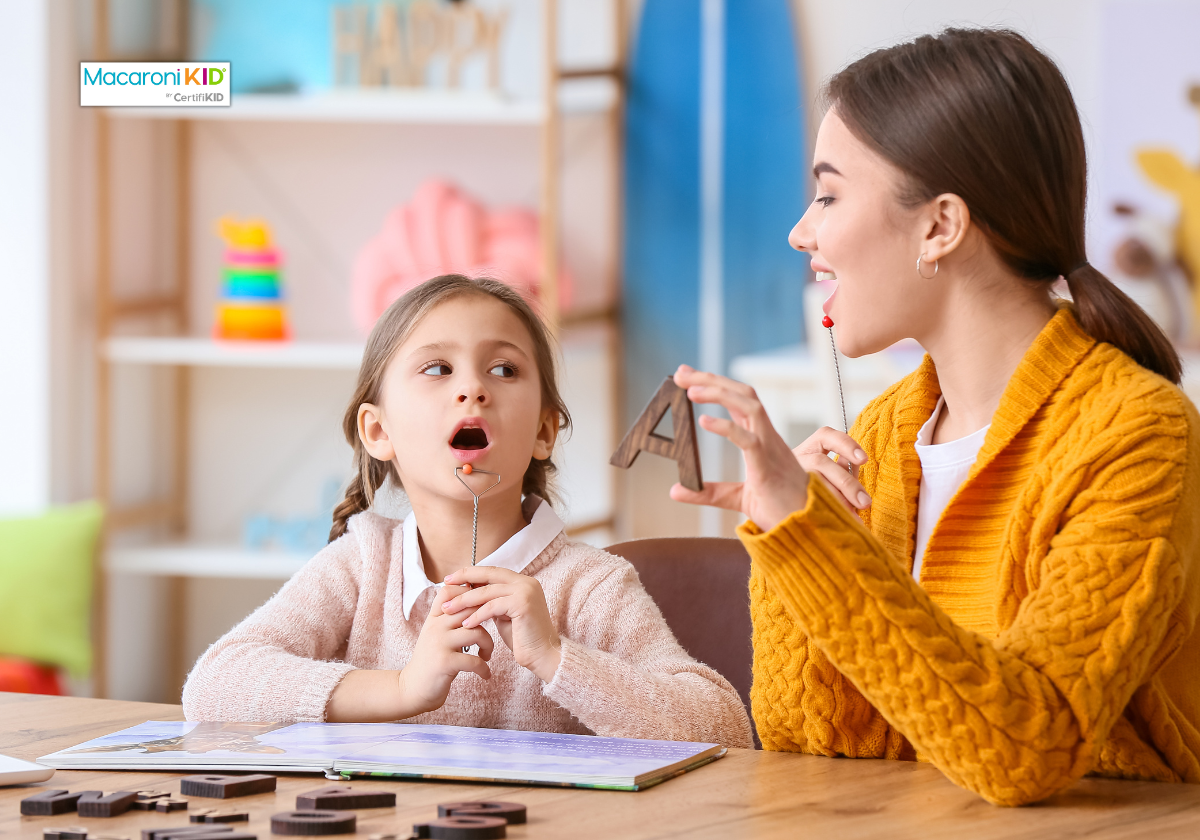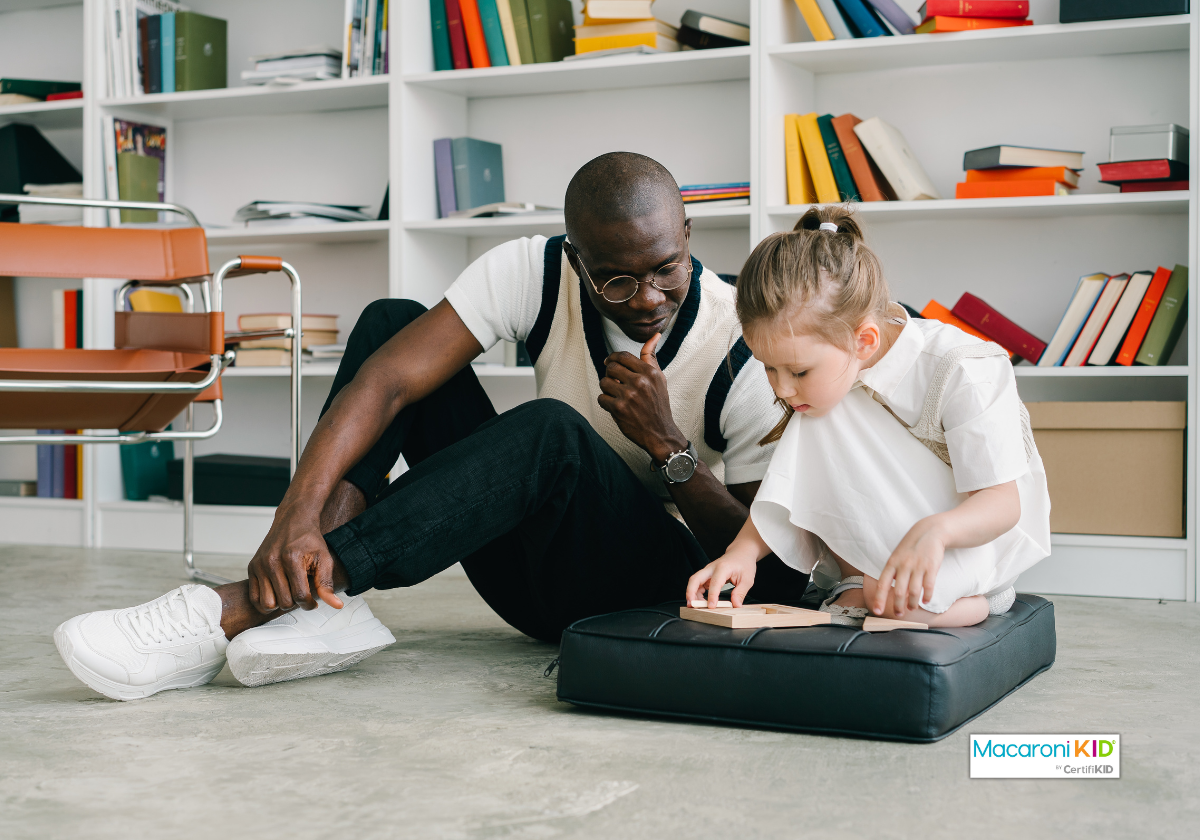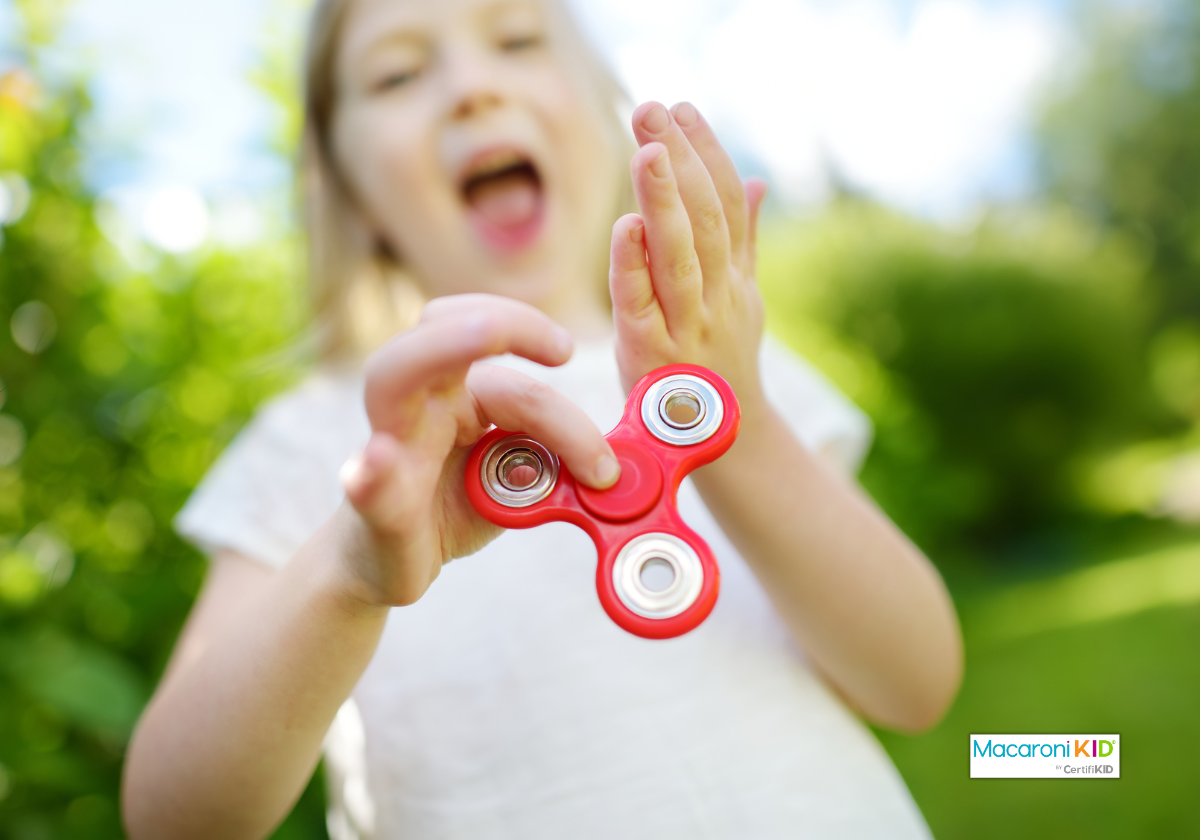When it comes to supporting our neurodivergent children, we need to think outside the box, and create an educational atmosphere that doesn't just tolerate, but embraces their unique thought patterns.
Wondering what exactly neurodiversity is? Neurodiversity is a cool concept that celebrates how our brains are wired. It includes a spectrum of neurological differences, like autism, ADHD, dyslexia, and more. These differences aren't flaws, but natural and essential parts of human diversity.
Here's where it gets interesting: These neurological variations can drastically shape how a person sees the world, takes in information, and even learns.
We asked families experienced with neurodiversity to share what's worked for them in helping their kids succeed at school:
 pixelshot | Canva pixelshot | Canva |
1. Communication with your child's teacher is key
Mom Brenna Gutell says having a heart-to-heart with her child's teacher was key each year. Communicate with teachers about your child's superpowers, their hurdles, and how they learn best. Ensure the teacher really "gets" your child and has the right tools in their toolkit.
"Just before or shortly after school started, I would email their teacher to introduce myself and share some insight and specific concerns about my child. I'd gently remind them about the Individual Education Plans (IEPs) and open the door to further discussion. I understand that teachers have access to the IEP, but considering the number of students they manage, I felt that my initiative fostered better communication and understanding," says Brenna, who also publishes Macaroni KID Conejo Valley - Malibu - Calabasas, Calif.
And remember, keep that chat line open all year. It's a marathon, not a sprint!
"If the school allowed volunteers, I found it immensely beneficial to observe my child in the classroom setting while assisting, which gave me a deeper understanding of their progress," Brenna says.
 Mikhail Nilov | Canva |
2. Advocate for inclusive learning
Mom Shannon Trelease has been proactive about championing an inclusive learning environment for her child's unique learning style.
"Preparing for the start of the school year for my child with ADHD involves a comprehensive process that begins at the end of the previous school year. First, I meet with the 504 committee to discuss and develop a personalized plan for her needs in the upcoming year, which includes preferential seating in challenging classes, 5-minute breaks when needed, and extra test-taking time," says Shannon, also the publisher of Macaroni KID Hamptons, N.Y.
Other common needs often mainstreamed into classrooms include personalized study plans, tech aids, and Universal Design for Learning (UDL), which provides multiple means of representation, engagement, and expression in the classroom. It's all about making sure every child feels seen, heard, and understood.
"This thoughtful and proactive approach has proven to be instrumental in her success at school, and I am grateful for the collaborative effort of the 504 committee and her teachers in making her educational experience positive and accommodating," Shannon says.
 Krisda Bisalyaputra | Canva |
3. Foster self-advocacy skills
It's amazing how well children can stand up for themselves when they understand their own uniqueness. Parents can support this by teaching their little ones about their neurodivergence, but in a way that makes them feel super and special, not different or weird.
Mom Amanda Janke says preparing your child for what to expect — and what is expected of them — is key.
"Since all neurodivergent kids are different, there is no one-size-fits-all checklist, but here are a few things to prepare for the school year: Have a set routine for wake-up time, brush teeth, comb hair, eat (and a written menu of food options) and a time to get shoes on, backpack, etc.," she says. "Walk through a typical day of school — see if you can obtain the daily schedule from the teacher before the first day or back-to-school night so your child can talk with you about any things that may bother them (i.e., anxious about math, doesn't want recess because they won't know who to play with, etc). Write notes and ideas for the teacher before the first day of school. Have planned downtime for after school. Let your child come home and 'unleash' any of their frustrations."
Giving your child a time to express how they feel, what they need, and how others can help all make things easier for them. These conversations can be real game-changers!
"Often neurodivergent kids can handle getting through the school day, but it takes everything they have, and they will melt down when they come home to their 'safe space,'" says Amanda, also the publisher of Macaroni KID West Morris, N.J. "Reward charts really do work — I know they are getting to be old-school, but tracking progress and getting rewards, even stickers, is an easy way for neurodivergent kids to process success.”
 Global Moments | Canva Global Moments | Canva |
4. Encourage peer understanding
Fostering understanding among peers can help create a more inclusive, supportive environment for neurodivergent children. Parents and teachers can talk about neurodiversity with kids of all backgrounds, emphasizing that everyone's brain works a little differently, and that's okay. Sharing age-appropriate books or resources that celebrate neurodivergence can also be beneficial. Understanding is the first step to acceptance and support.
"What can you do to help? I'd say start with talking to the children in your life — those who aren't on the spectrum — about autism and how to better understand and accept their friends, schoolmates, and family members who are on the spectrum," writes Carissa Garabedian, the publisher of Macaroni KID Richmond, Va., and a mom to a son on the autism spectrum.
Among her tips — let kids know all brains work differently and to be empathetic and kind.
"If everyone is not laughing, it may not be funny. Don’t be the one to laugh AT. Instead, laugh WITH," she writes.
Read more of Carissa's tips for discussing autism with kids who aren't on the spectrum.
 MNStudio | Canva MNStudio | Canva |
5. Nurture their strengths and interests
Our neurodivergent children often have super cool interests or talents that make them unique. Let's cheer on these passions! Not only can they make our children feel great about themselves, but they also help them make friends and feel accomplished.
"As a secondary special education teacher for the past two decades, I have always been passionate about helping my nonverbal students communicate effectively," says Annie Young, the California publisher of Macaroni KID Santa Ana and Macaroni KID Newport Beach-Costa Mesa-Corona del Mar. "My motivation to understand and assist those with autism grew even stronger when my older brother was diagnosed with autism over a decade ago as an adult. Witnessing his moments of outbursts and overwhelming experiences reinforced my commitment to making a positive impact on the lives of individuals on the spectrum."
Remember, every child deserves to learn in a way that works best for them, and neurodivergent children are no exception. Let's all make this school year a step forward in embracing and celebrating the different ways our children's brains work.
SEARCH OUR CALENDAR HERE SUBMIT AN EVENT HERE SUBSCRIBE TO OUR NEWSLETTER SHARE ON FACEBOOK
Are you interested in member-only giveaways, events, and discounts? Did you know that we host FREE events just for subscribers, have a MacKid Birthday Club sponsored by amazing local businesses, provide treats and goodies to PTA's and non-profit causes our subscribers are involved in, and more? Make sure that you are a free member to get inbox exclusive information!
Denton+ Macaroni KID® is a FREE hyperlocal publication for kids, parents, and caregivers. We have giveaways, kid-friendly crafts, reviews, tips and tricks, member-only discounts and much more. Thousands of members love us because we do the legwork for busy families by finding TONS of free and very low-cost events and activities for the whole family - each and every week.
Proudly published by a local dad for families in Denton+, we are your #1 Resource for Local Family Fun! We proudly cover family-friendly businesses and activities around - Denton, Corinth, Ponder, Stony, Dalton, Drop, DISH, Justin, Propwash Airport, Lake Dallas, Jagoe and more.
Natasha Bethea Goodwin is the publisher of Macaroni KID District Heights, Md.


